Caffeine and Sleep - New Research Update!
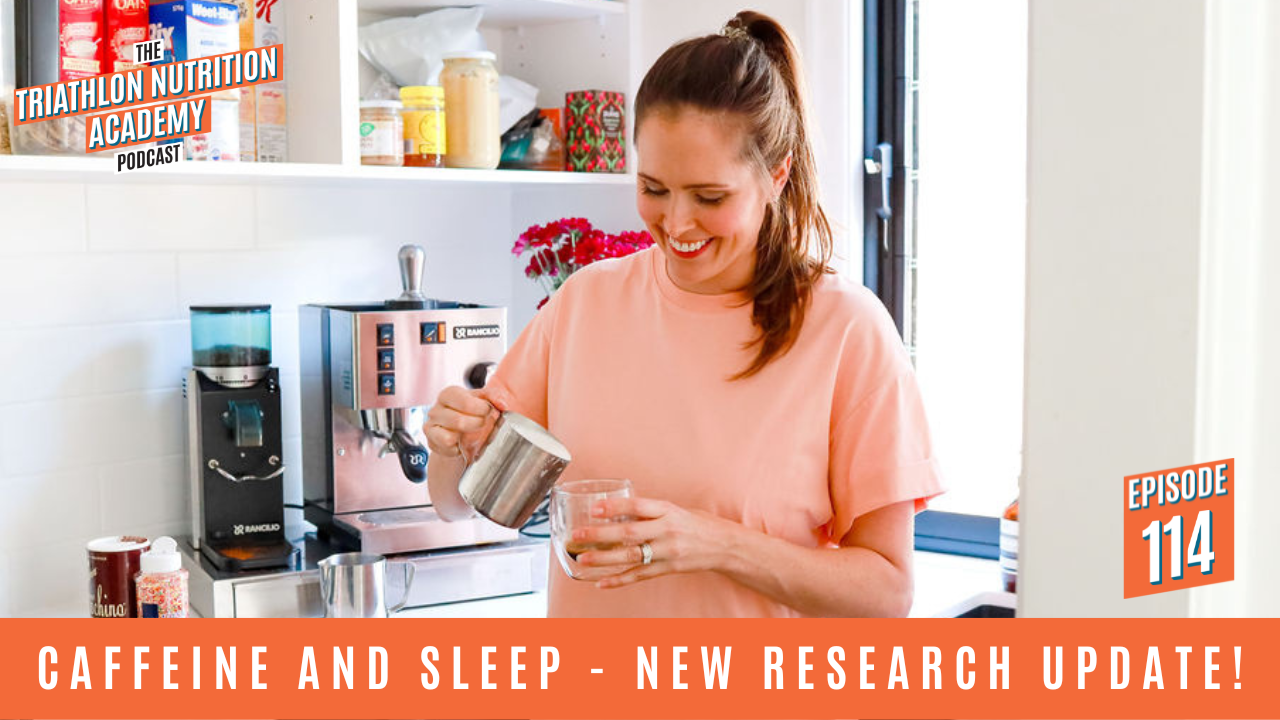
Feeling sluggish, sore, and slow lately? Your training may not be the problem - your sleep is.
Hitting the pillow at night is when the real gains happen. Quality sleep powers muscle repair, brain function, immunity and so much more. No other recovery tool compares. But in our chronically tired world, sleep is often the first thing we sacrifice.
Up to 45% of adults skimp on sleep. But cheating your zzz's comes at a serious cost.
Even mild sleep loss impairs focus, coordination, metabolism, and emotional health. Insufficient rest increases illness, and injury risk and kills workout quality.

So how much sleep do active folks really need? Despite the badge of honor for "surviving" on minimal sleep, most adults need 7-9 hours per night. Growing teens and hard training athletes often require even more – up to 12 hours.
Assess your current sleep by tracking time spent in bed and rest quality for a week. If you fall short of your needs, it's time to take action.
Here are thr...
Female Athlete Series: Part 2: Coaching Female Athletes with Liz Blatchford
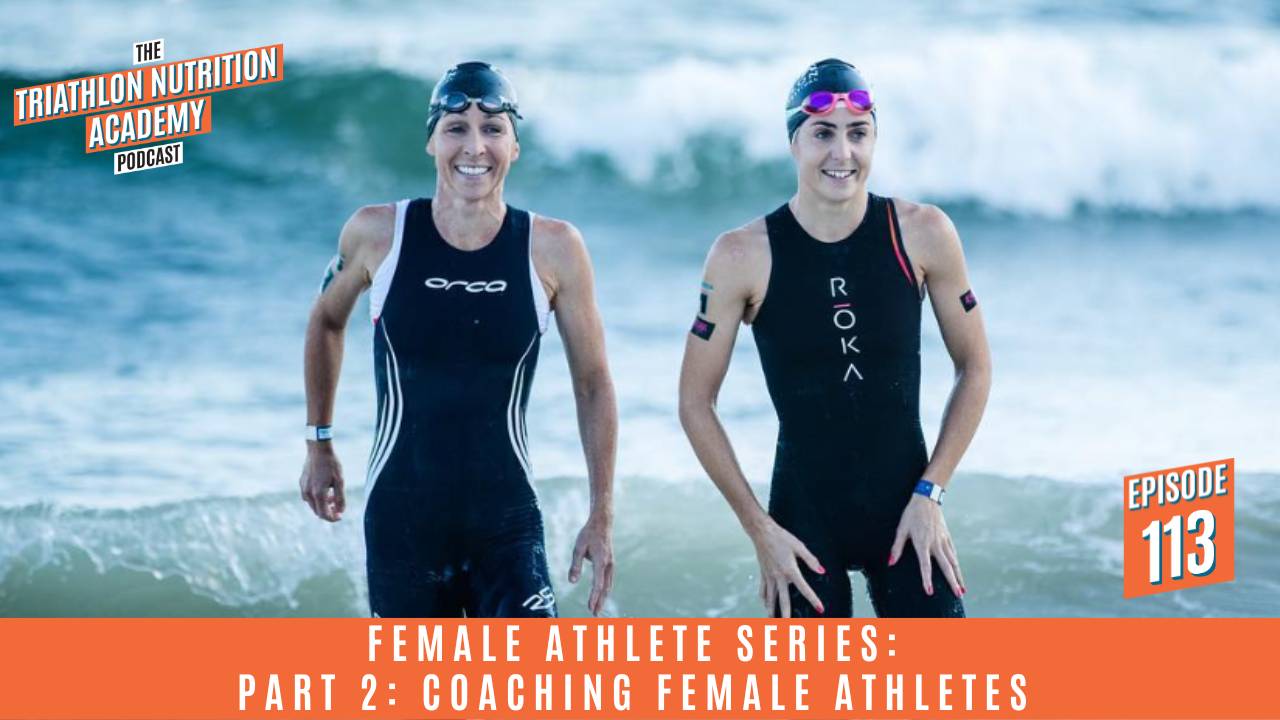
Dive into the physiological differences that distinguish male and female athletes in Part 1 of this 2 part series here.
Female athletes deserve coaches who understand their unique needs. Pro triathlete Liz Blatchford has a lot to say about optimising training and nutrition for the female form.
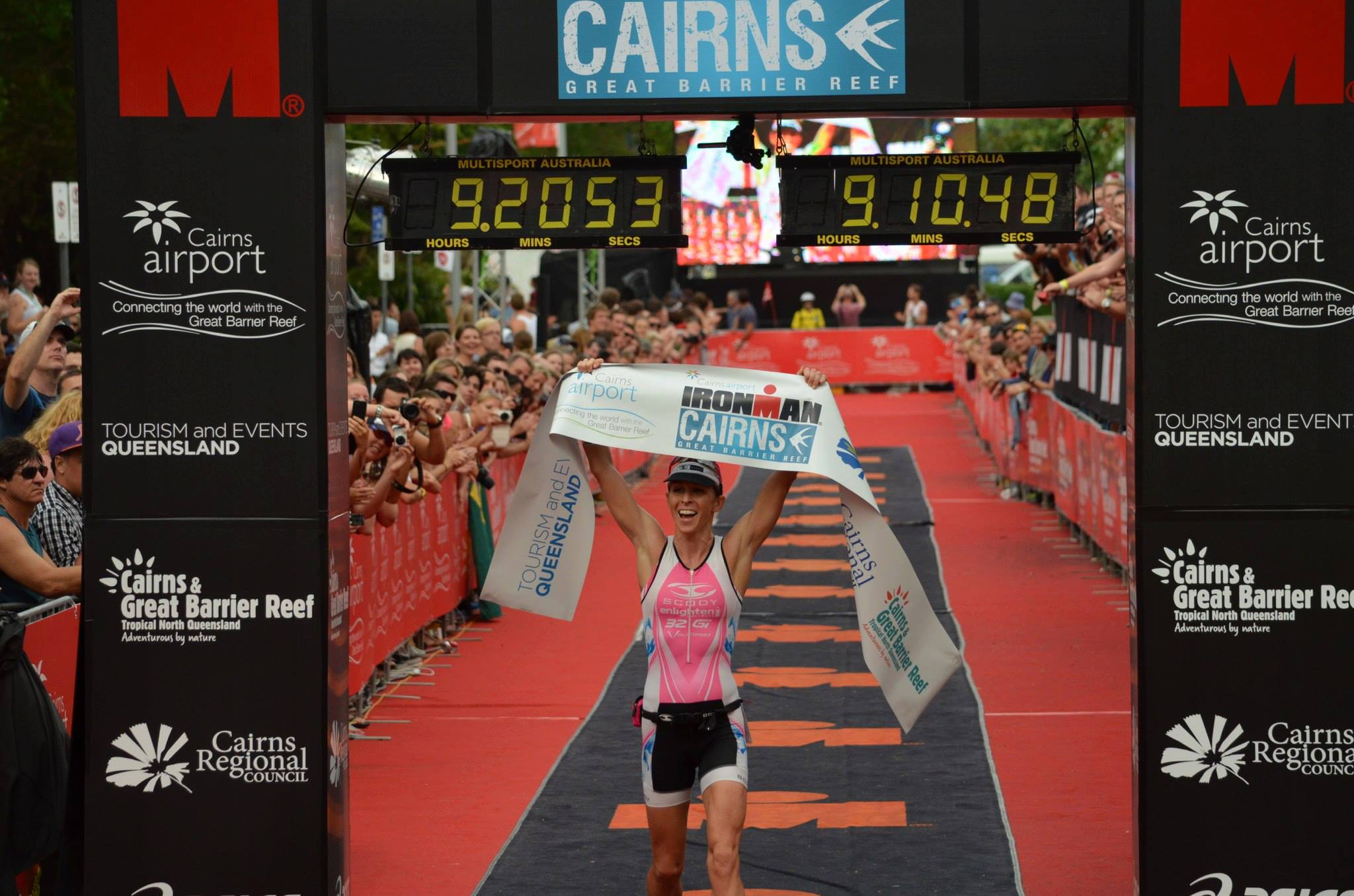
Finally recognising female differences
Research into female athletes is exploding, but it's long overdue. Historically, exercise was designed for men. It's only in the past few years that the focus has turned to us girls. There are still massive gaps in the evidence, but we're heading in the right direction.
In the early days of Liz's career, there was little discussion of female-specific factors, but this is changing, albeit slowly.
Research on female athletes is crucial because women are not just smaller versions of men, and their physiology, needs, and training responses differ.
Hormones and Performance
Every woman's experience is unique, and it's essential to understand ...
Data Driven Triathlon Training or Train By Feel? With Gerard Donnelly
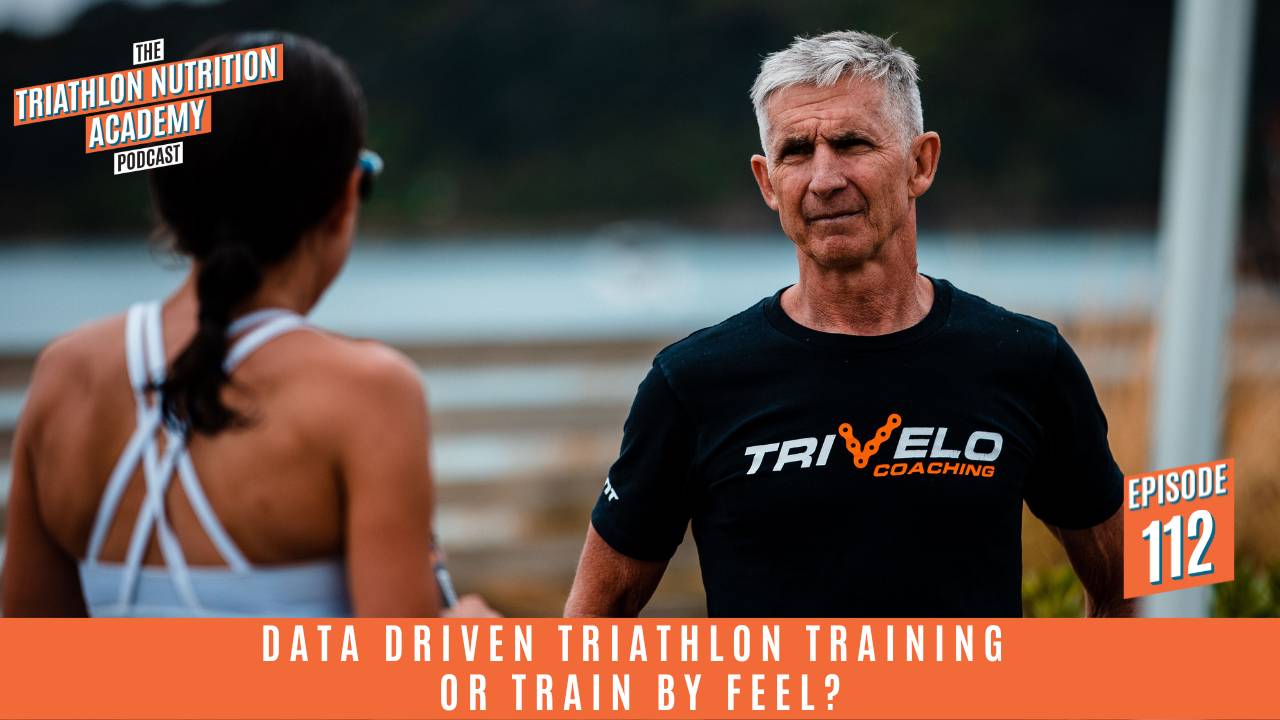
You want to get the most out of your training and racing, but how do you balance using data versus listening to your body?
It can be confusing to know whether to follow the numbers or trust your intuition.
Gerard Donnelly from Trivello Coaching has been coaching triathletes since 1988 and knows all there is to know about data driven triathlon training.
He was a pro himself for about five years and was the Australian Ironman champion and Australian Duathlon champion in 1988.
In 1989, he was the Australian Ironman runner up and he also represented Australia in the Commonwealth Games team in Auckland, New Zealand in 1990. He was also the Australian Masters champion in 2014, 2015, and 2017.
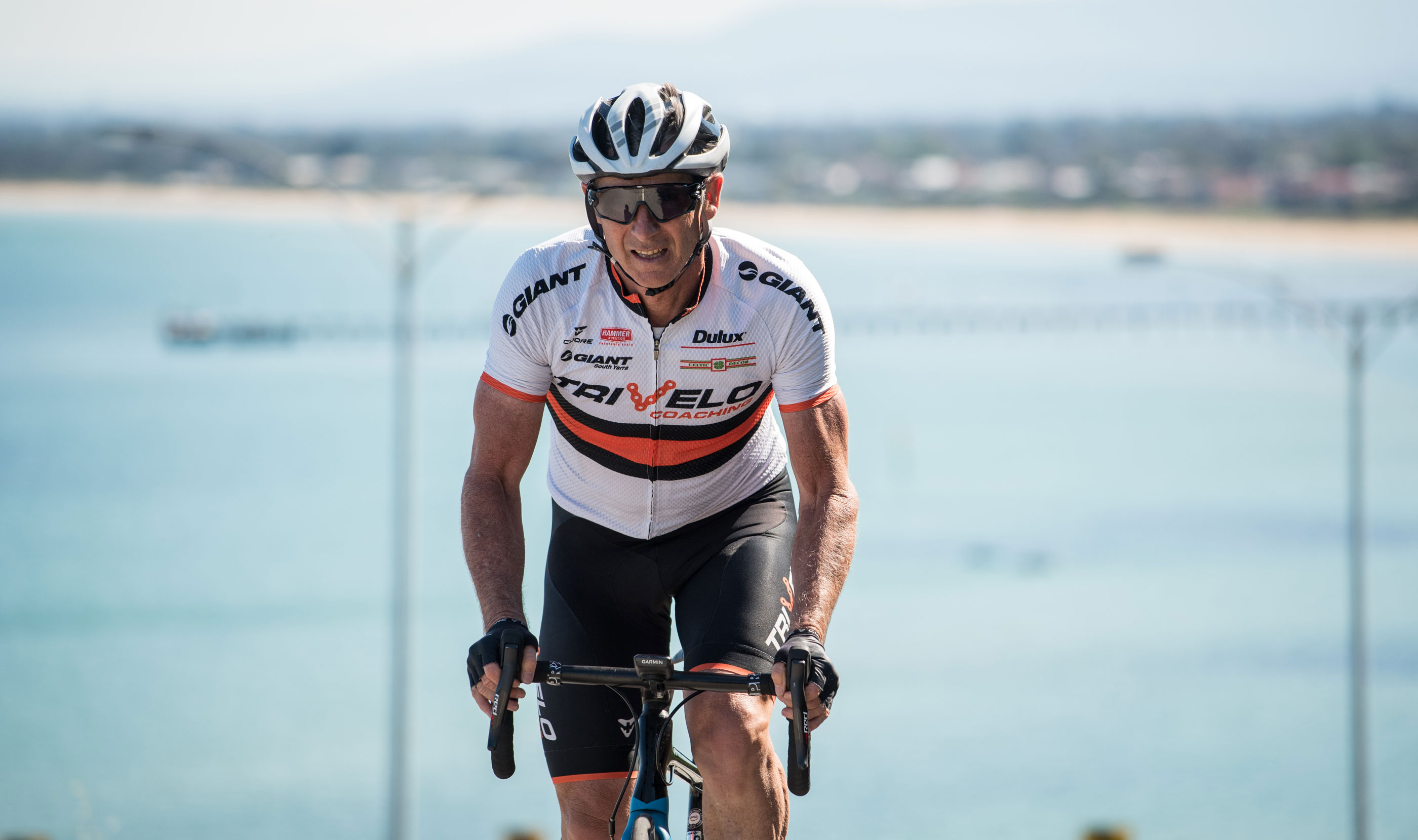
Gerard has a lot of experience firsthand as a triathlete himself and many, many years under his belt coaching triathletes from all walks of life as well.
Here are some of his tips for training smarter by combining data and feel:
Start with Testing
Testing gives you a baseline to...
Five No Cost Tips to Help You Ride Faster and Feel More Comfortable on Your Bike with Bike Fit Specialist Michael Baker
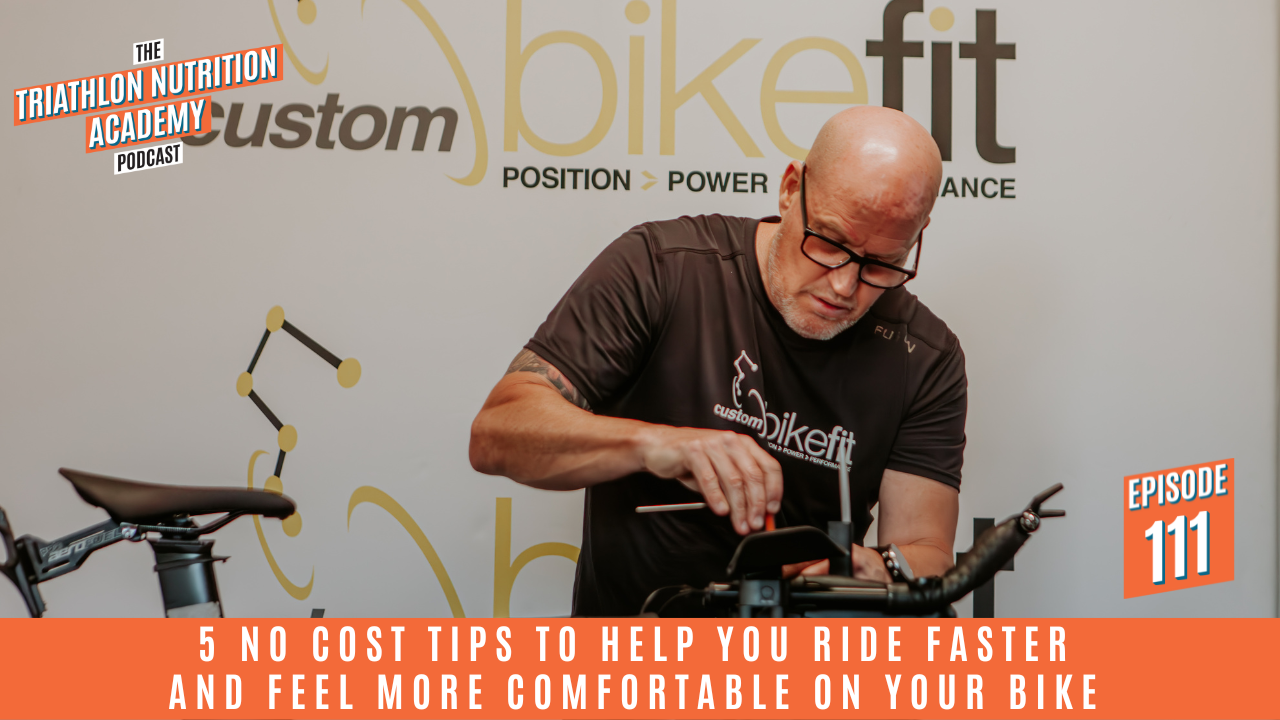
Michael Baker from Custom Bike Fit, is on a mission to help one million athletes feel more comfortable on their bikes.
As a triathlete himself and with more than 10 years of experience working with triathletes, he totally gets it.
And kindly shares lots of practical and zero cost tips with us to get you riding faster, with less pain, tick, and tick.
Michael believes in a personalised approach to bike fitting. Rather than relying solely on your height, he suggests configuring a bike based on your unique needs and preferences, down to the crank length.
Let’s break down a few of his suggestions.
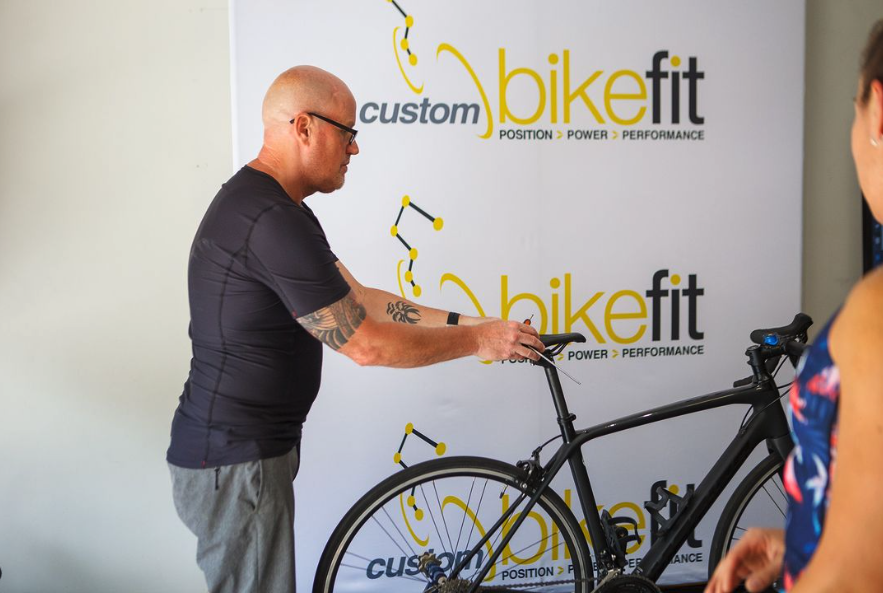
Invest in your bike
Before you buy a bike, consider investing in a bike fit session.
It's a small upfront cost that can save you thousands of dollars in the long run.
A proper fit can help you find the right frame size, crank length, handlebar width, and more.
Adjustability
When buying a bike, pay attention to its adjustability.
Can you fine-tune the saddle height, m...
Is Organic Food Better For You? With Dr Hayley Dickinson
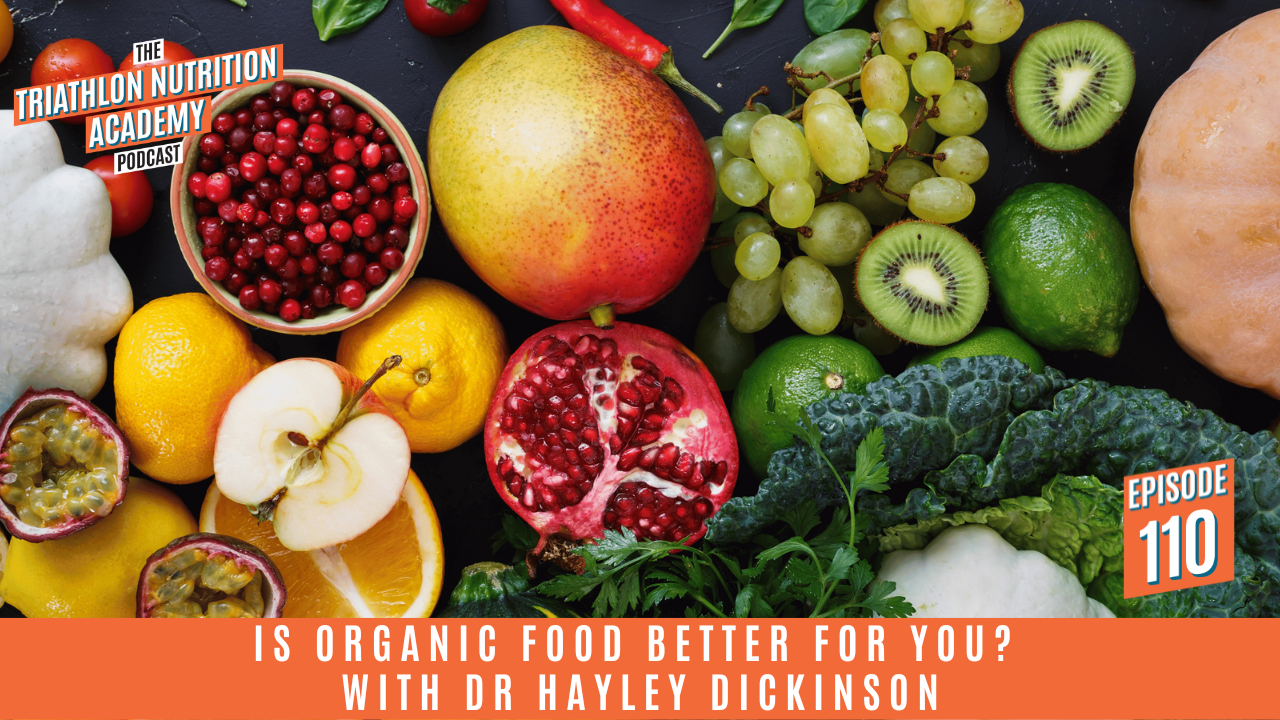
Let’s dive into organic food! Is it better for you?
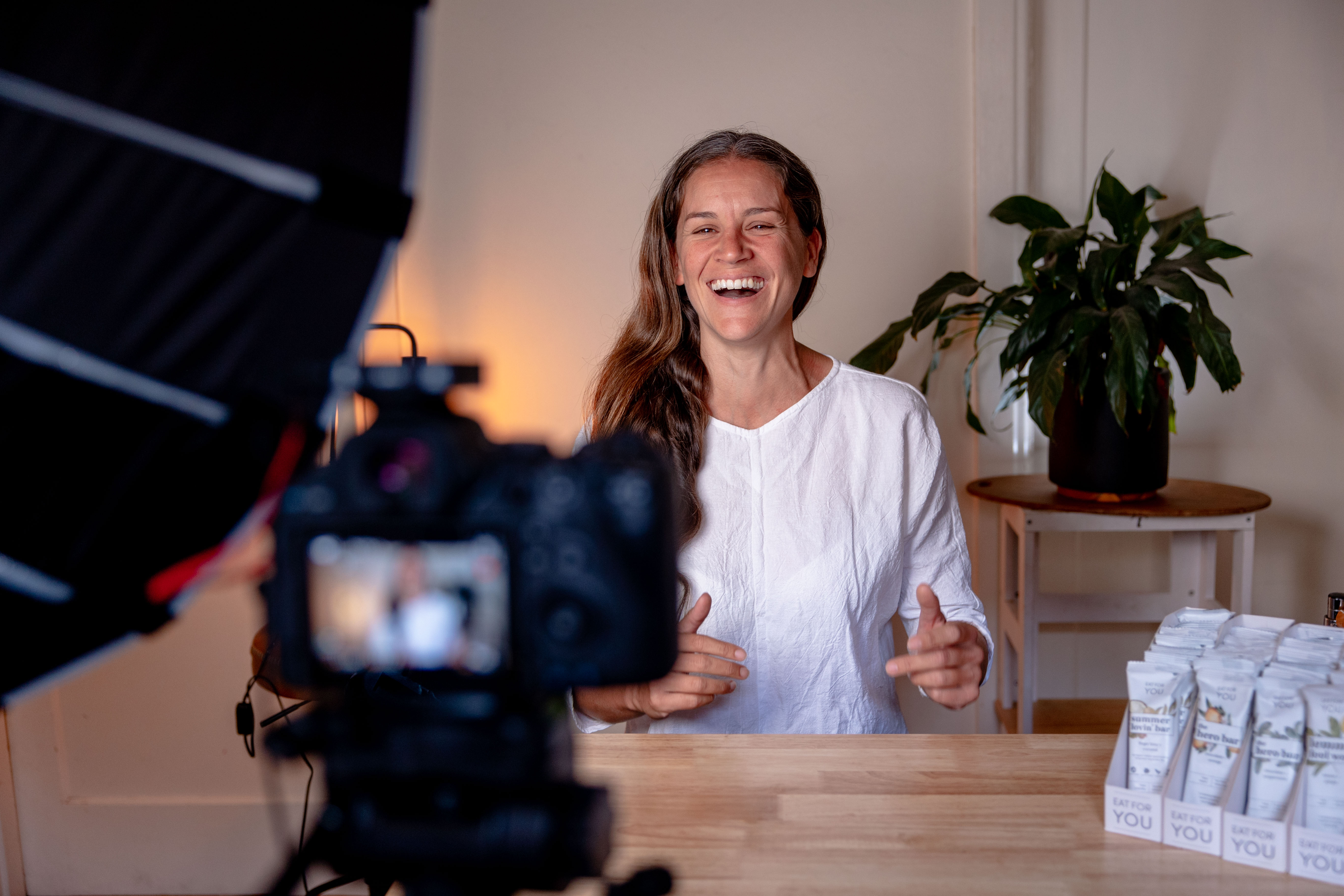
Founder of Eat For You here in Australia, Dr Hayley Dickinson is the expert on all things organic food. (Learn more about Dr Dickinson by listening to her previous episode: Unravelling the Truth About Food Labels and The Nutrient Quality of Our Food with Dr Hayley Dickinson.)
Defining organic food
- Organic doesn't have a universal definition.
- In Australia, organic principles include high nutritional value, enhancing farming ecosystems, soil fertility, renewable resources, pollution avoidance, and environmental protection.
- Producers must adhere to these principles and get certified.
- The Australian Government has a detailed National Standard for Organic and Biodynamic Produce.
- This document outlines allowed inputs, land management, and certification requirements.
A costly transition
- Transitioning to organic farming is expensive and time-consuming.
- Farmers may experience yield drops during the conversion per...
The Best Triathlon Meal Plan
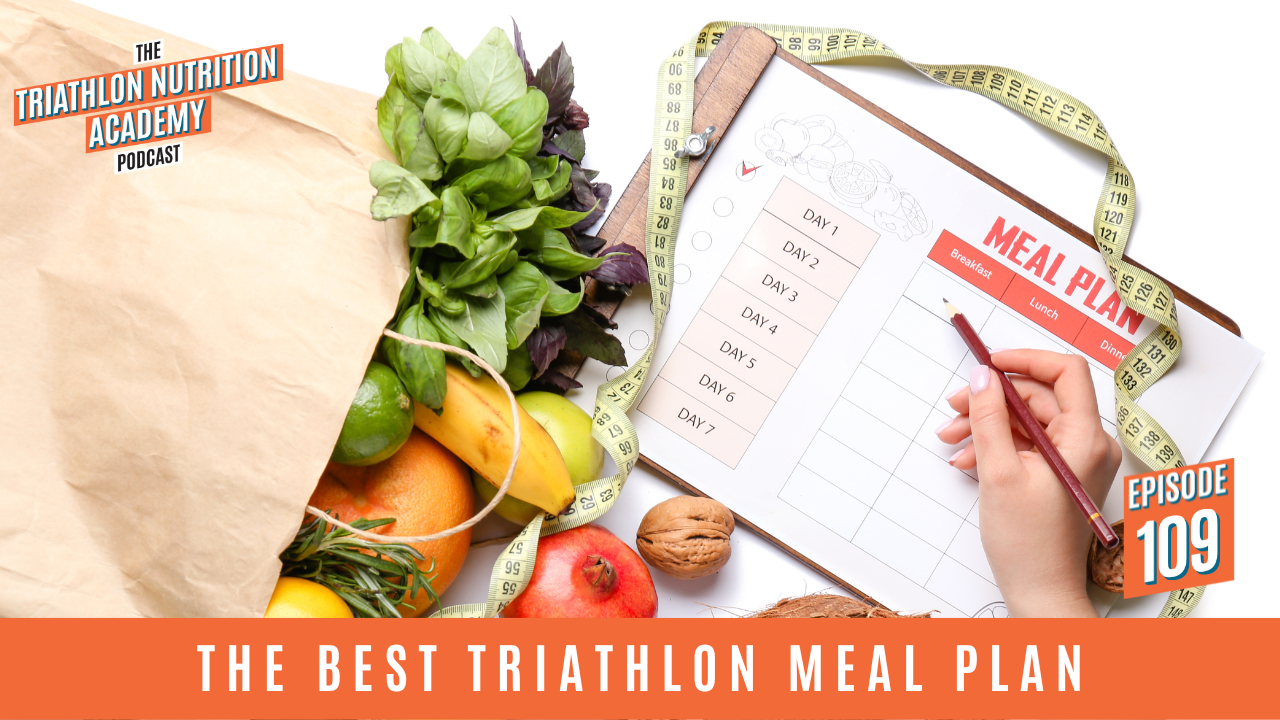
It’s time to break down the myths and discover what truly makes a meal plan tailored to your unique needs as a triathlete.
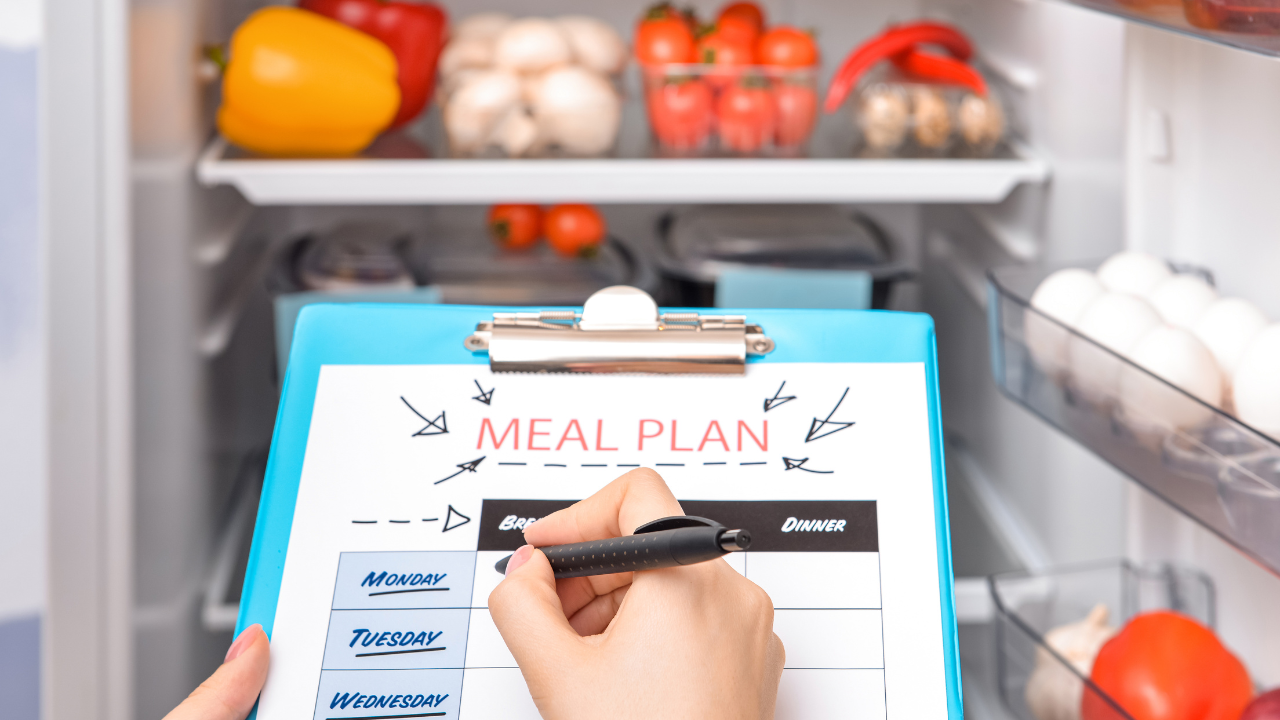
If you've ever entered into the world of triathlon nutrition, you've probably stumbled upon countless generic meal plans online.
These cookie-cutter plans promise to fuel your triathlon journey, but here's the harsh truth—they might not be serving you as well as you think.
The Problem with Generic Meal Plans & Quick Fixes
- The overload of generic meal plans can be overwhelming.
- These plans often prescribe highly specific portions that don't suit most individuals.
- One-size-fits-all meal plans might work for some, but not for the majority.
- Quick fixes rarely lead to long-term success in triathlon nutrition.
- True progress requires a personalised approach.
Nutrition is Not One-Size-Fits-All
- Just as you wouldn't use a generic training program, your nutrition shouldn't be generic.
- Your nutrition needs consider your individual requirements...
Recipe Guidelines for Triathletes: Food to Fuel Training
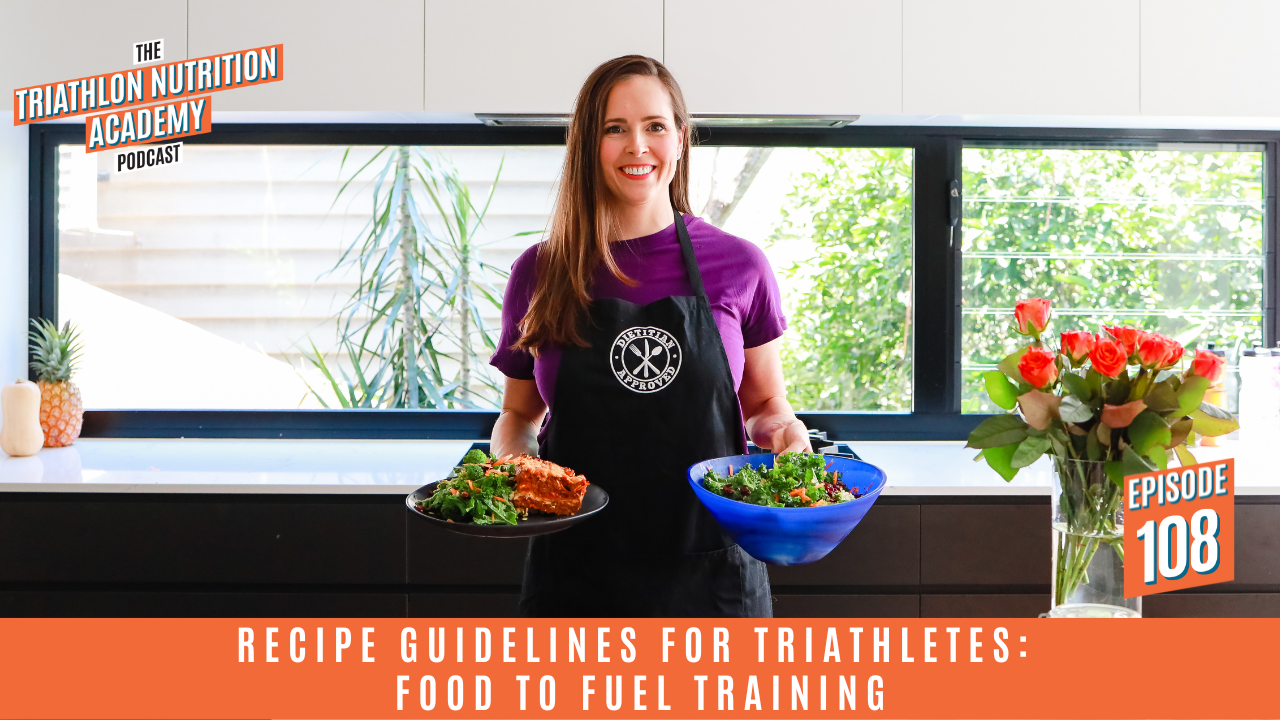
Are you a passionate triathlete looking to maximise your performance while maintaining long-term health?
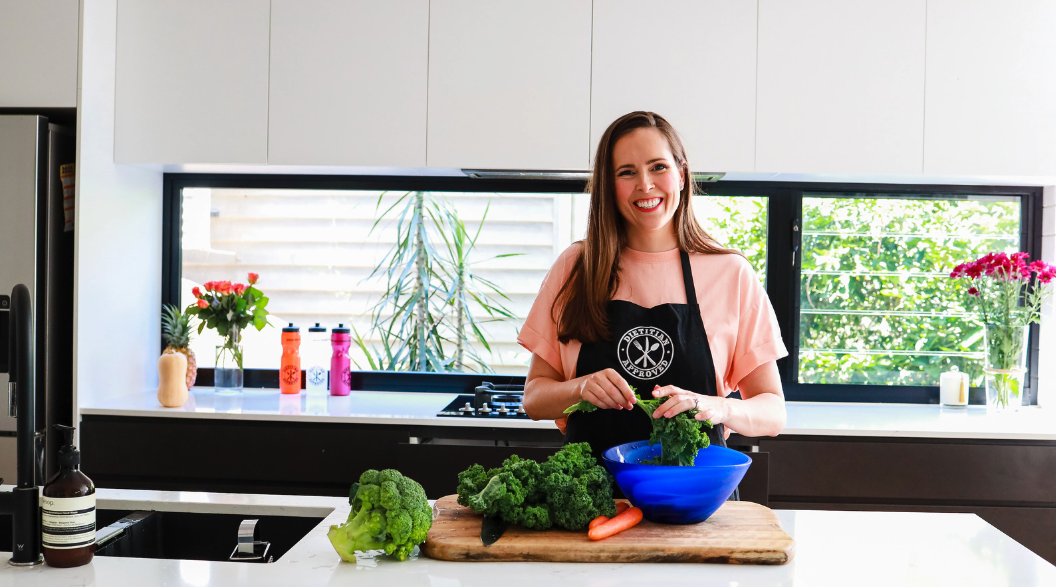
After more than 15 years of working with endurance athletes like you, one thing became clear: the desire for healthy, nutritious, and delicious recipes that are quick and easy to prepare.
You don't want to waste time and money on complicated, unappetizing meals.
Let's dive into the essential ingredients for your triathlete diet and how to find recipes that fit your needs.
Balance Your Macronutrients
Triathletes have unique nutritional requirements due to the demands of their training. You need meals that provide a perfect balance of carbohydrates, protein, and healthy fats to fuel your workouts and support recovery.
Here's what to look for:
Carbohydrates: Triathletes rely on carbohydrates for sustained energy. Opt for complex carbs like whole grains, fresh fruits, starchy vegetables, and legumes. Your carb needs vary, so adjust based on training intensity and du...
Female Athlete Series: Part 1: Physiological Differences Between Male and Female Triathletes
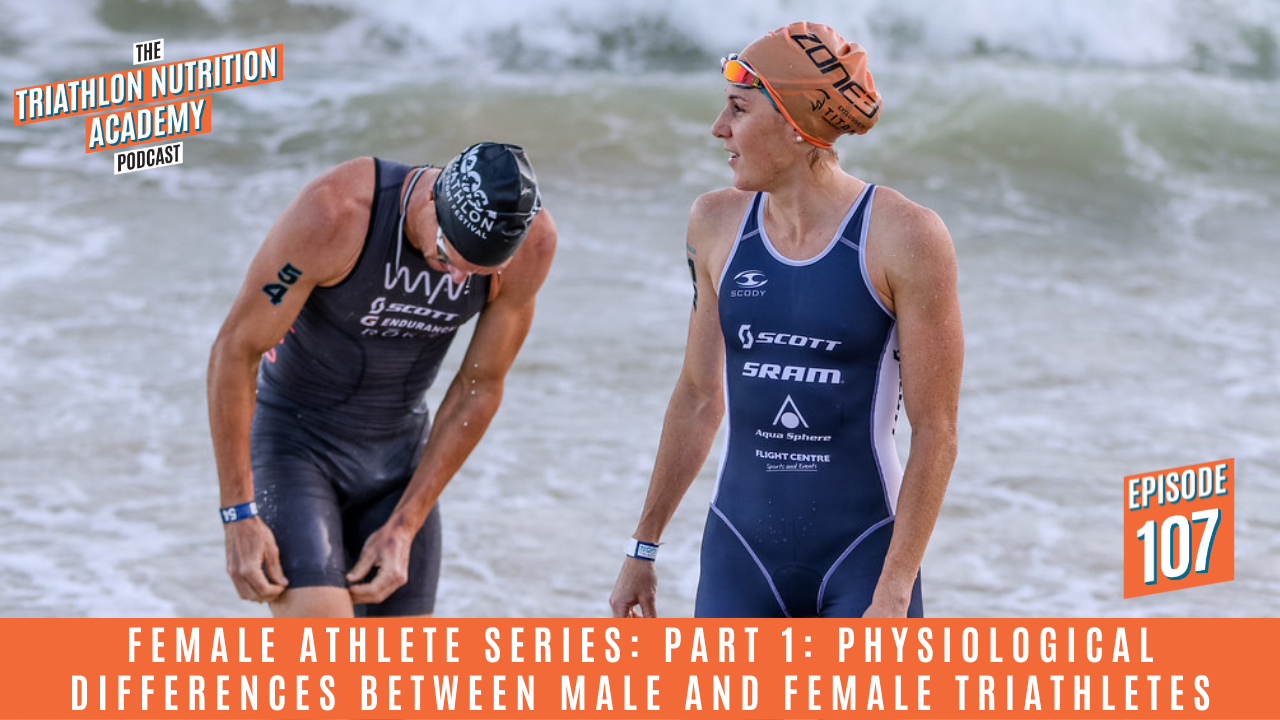
In the dynamic realm of women's athletics, remarkable physiological distinctions set female athletes apart from male. Diving into these intricacies unlocks a world of potential, achievements, and empowerment.
Let's dive into the physiological differences that distinguish male and female athletes.

Evolving Research Landscape: From 2020 Onwards
The landscape of research concerning female athletes has undergone a profound transformation, particularly since 2020. The global pandemic spotlighted the distinctive needs and challenges faced by female athletes, prompting experts and researchers to venture into this uncharted territory.
As we journey through this series, a spotlight shines on the specific requirements of female athletes in areas such as training, nutrition, and coaching.
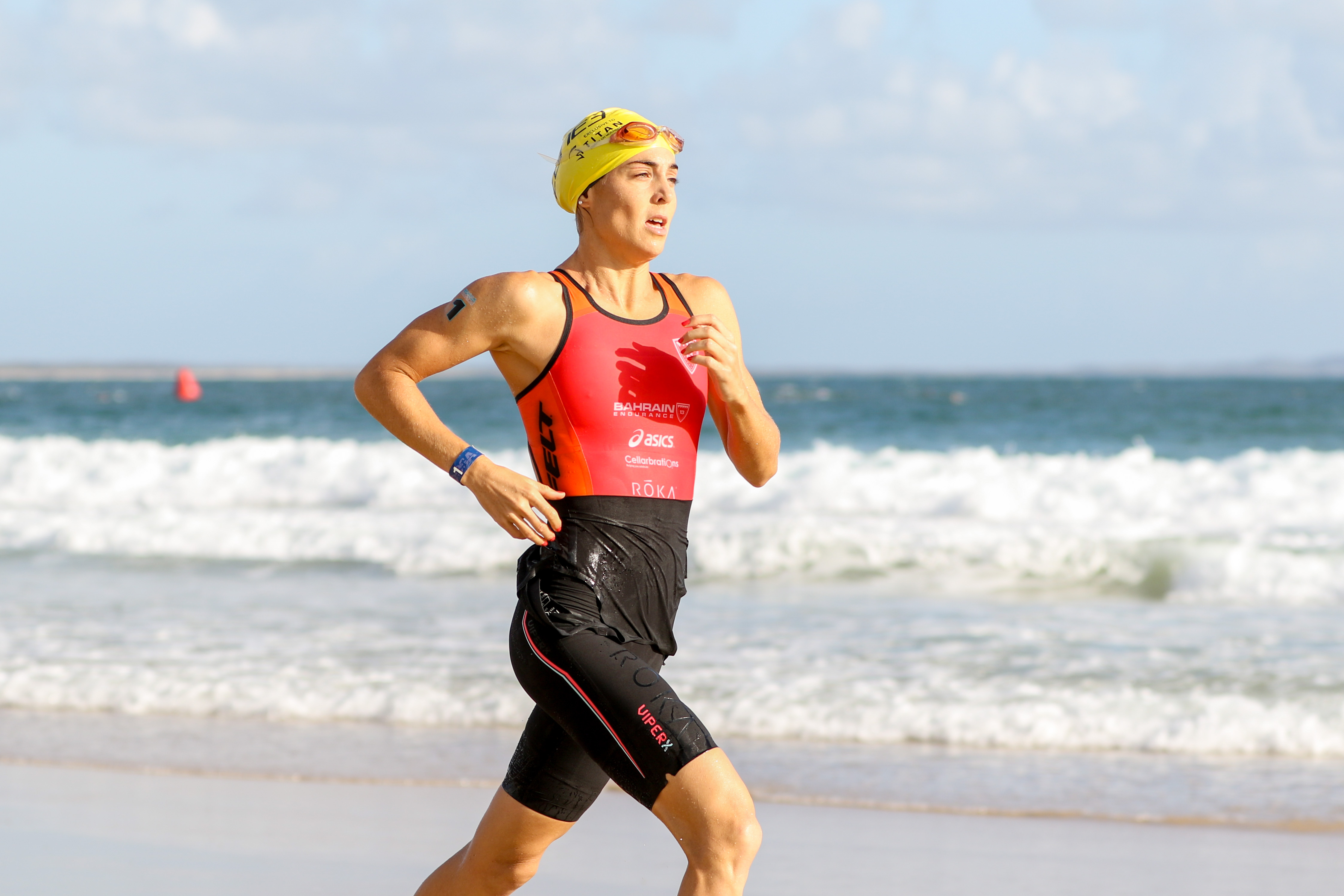
Shifting the Focus: Filling the Gaps
Historically, sports science research leaned heavily toward male athletes.
While studying women presents challenges due to their unique physiology, experts...
Intermittent Fasting & Endurance Exercise. Should you do it?
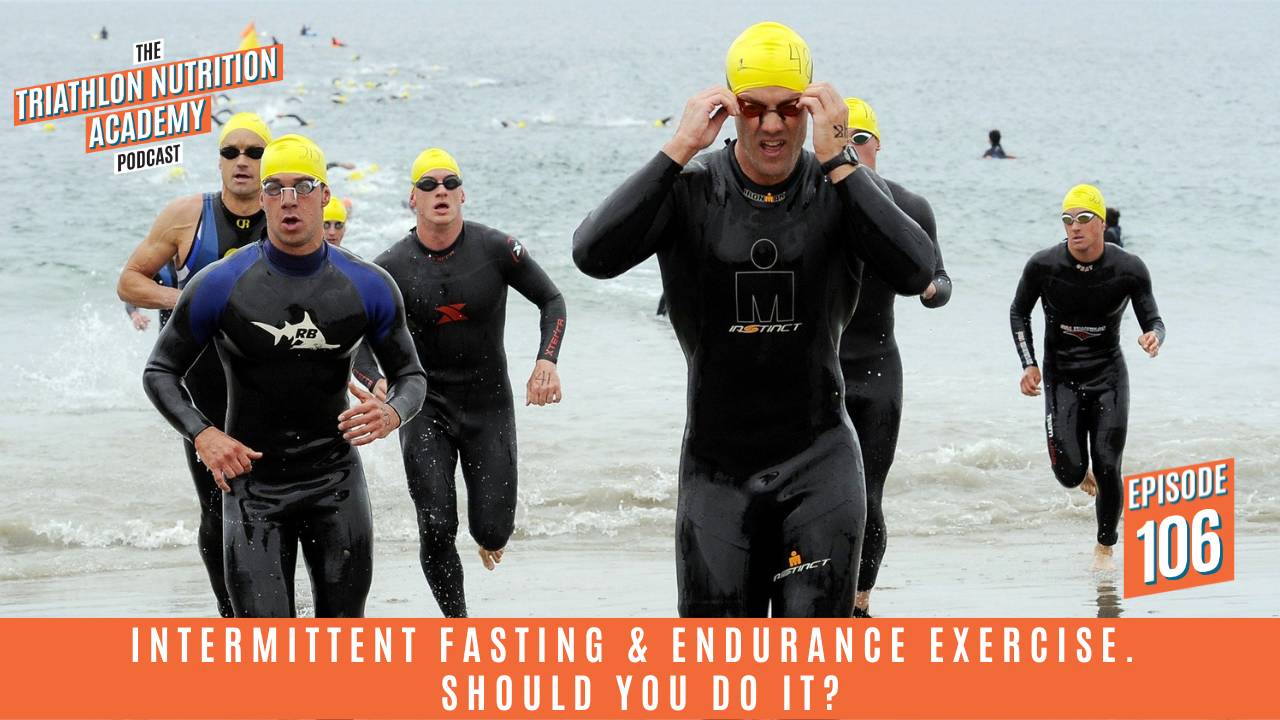
It’s time to separate fact from fiction when it comes to intermittent fasting and help you determine whether it fits your endurance ambitions. Let’s dive in!
Ancient wisdom, modern trend
Intermittent fasting, a practice that’s been around throughout history, has suddenly trended with celebrity endorsements and athlete support. But what's the real story behind this fasting trend?
Intermittent fasting comes in many forms - from 16:8 cycles to 5:2 regimens.
Yet, can such a singular approach cater to diverse individuals? The answer is in fasting with sustainability and the integration into your lifestyle and energy demands.
The science behind intermittent fasting
When you fast, your body uses up its stored energy and breaks down fat for fuel. Short-term, your body handles protein well during fasting, but we're not sure about the long-term effects.
If you're a triathlete aiming for your best performance, fasting might not be your best friend. High-intensity exercises, li...
Unravelling the Truth About Food Labels and The Nutrient Quality of Our Food with Dr Hayley Dickinson
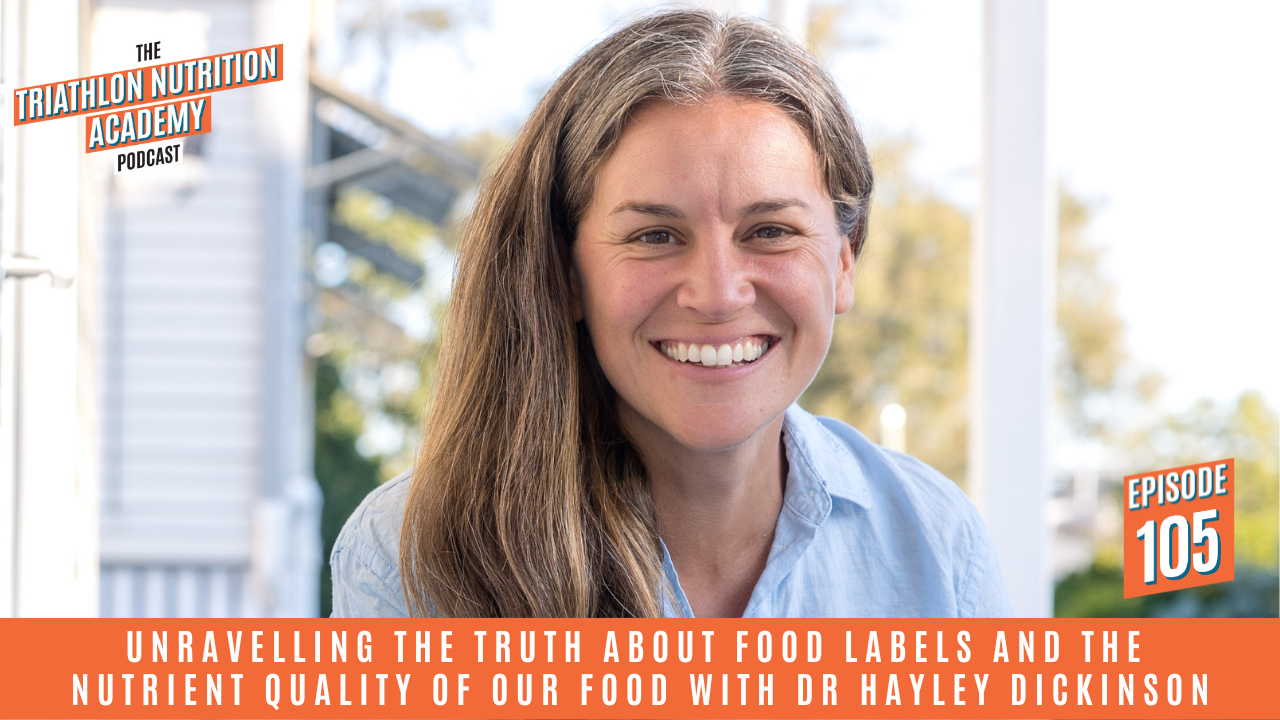
Are you feeling overwhelmed by the uncertainty surrounding the nutritional content of your food? Do you find it challenging to ensure you are meeting your daily nutrient requirements?
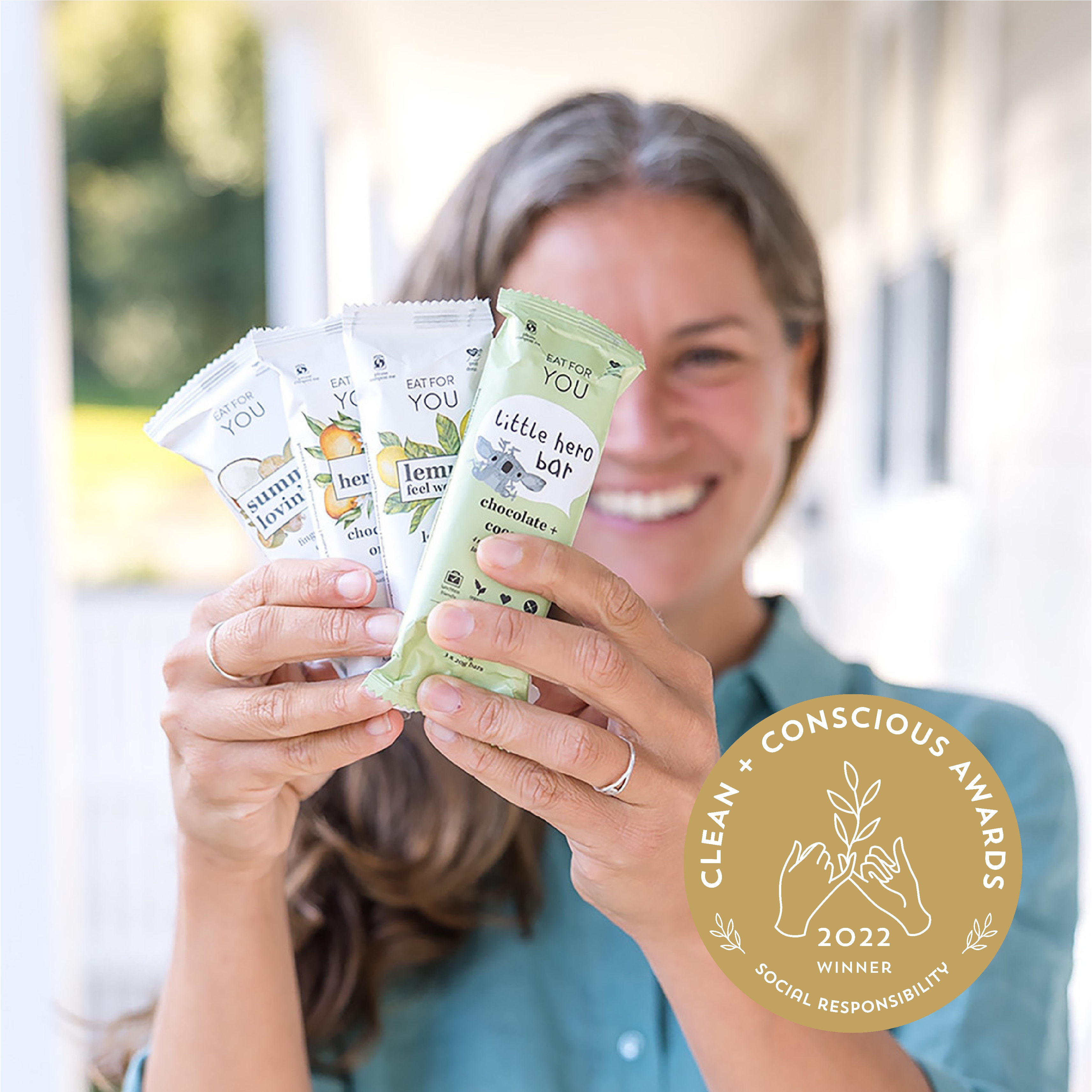
Meet Dr. Hayley Dickinson, the founder of Eat for You, an Australian snack company committed to providing nutrient-tested, batch-tested food products. Read on as she explores the challenges of obtaining essential nutrients from our food, the importance of independent batch testing, and the potential of regenerative agriculture in solving this global issue.
Dr. Hayley Dickinson
- Dr. Hayley Dickinson, a scientist with a Bachelor of Science and a PhD in reproductive stress during pregnancy, has been on a journey from academia to her love for food.
- She has a desire to improve the food landscape globally and ensure people get what they need from their food drove her to start Eat for You.
Understanding Nutrition Information Panels
- The podcast highlights the lack of integrity in relyin...



